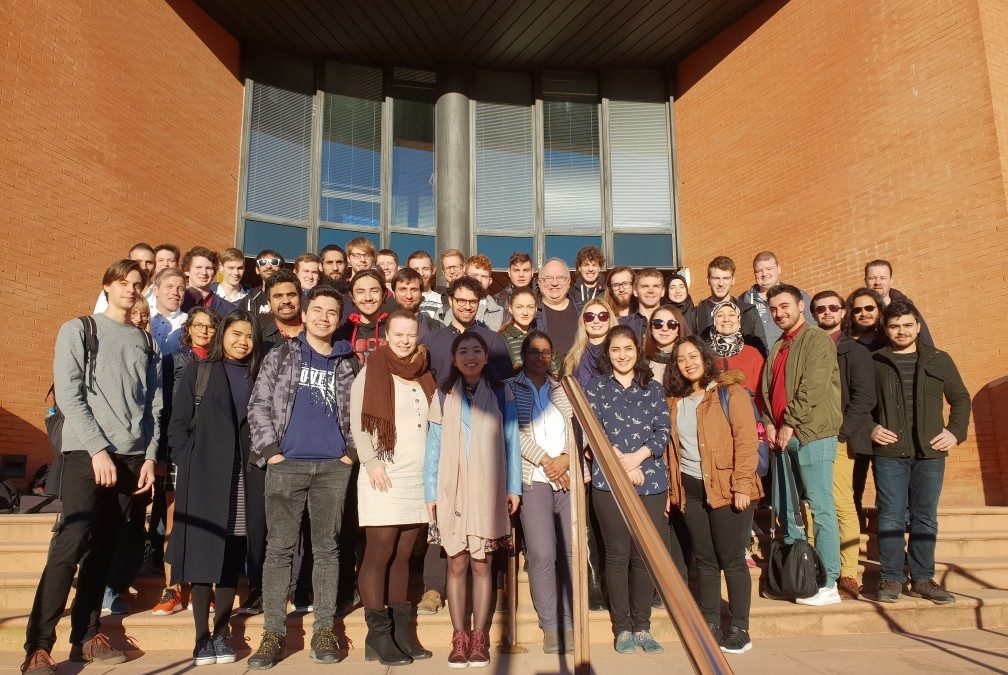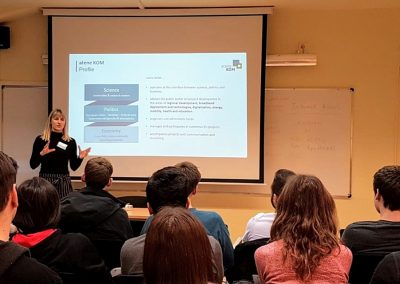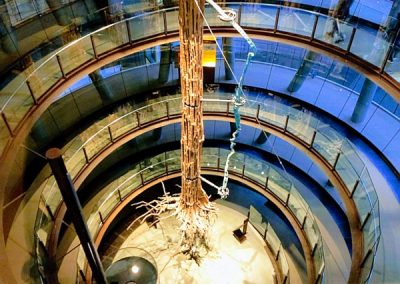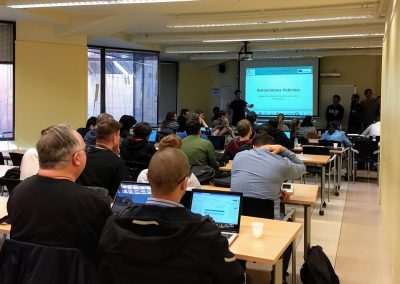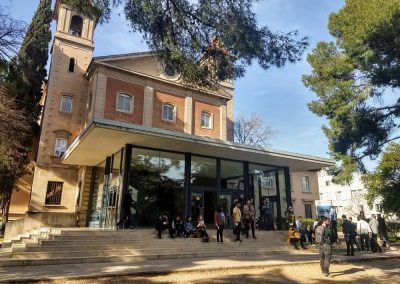As part of the EPIC project, in which aconium GmbH is one of ten partners, 35 students from eight European countries met in Barcelona last week.
Over the five days of the seminar (February 11-15, 2019), they worked on problem-based learning, transnational cooperation and project development in workshops under the guidance of teachers. It was the first face-to-face meeting for the students. They used the time to plan milestones together and get to know each other.
Project content
Everyone was given an initial insight into the projects on site: Topics include the further development of a training platform on cyber security and the analysis of open data with the aim of developing a smart city solution for the Norwegian city of Stavanger.
A project team is working on a technology that allows coffee to be tracked from production to the consumer with the help of blockchain and the Internet of Things. The complete transparency created in this way should maximise trust in the quality of the coffee and give consumers better guidance.
Another team wants to draw attention to the problem of sinking soils in the Netherlands. According to current forecasts, earthquakes, the disappearance of vegetation and salt extraction are causing the soil in some areas of the country to sink by up to two meters over the next 30 years. This will lead to cracks forming on houses, swampy floodplain landscapes where cows can barely graze and the sinking of roads, canals and pipelines. The consequences of climate change and the already high risk of flooding in the Netherlands are exacerbating this. In order to raise awareness of this problem among citizens, municipal utilities and companies, the “Descending Cities” project team is developing a virtual reality application as part of EPIC.
Background
In the Erasmus+ project EPIC, students work on real-life case studies provided by companies, municipalities and research institutions. The international teams are interdisciplinary: The participants come from fields of study such as ICT, business or design and have different levels of knowledge. This diversity poses a number of professional, intercultural and administrative challenges for project implementation.
To make the students’ work easier, they were coached and supported by supervisors with different areas of focus during the seminar week. There were also workshops on topics such as cultural differences and entrepreneurship.

